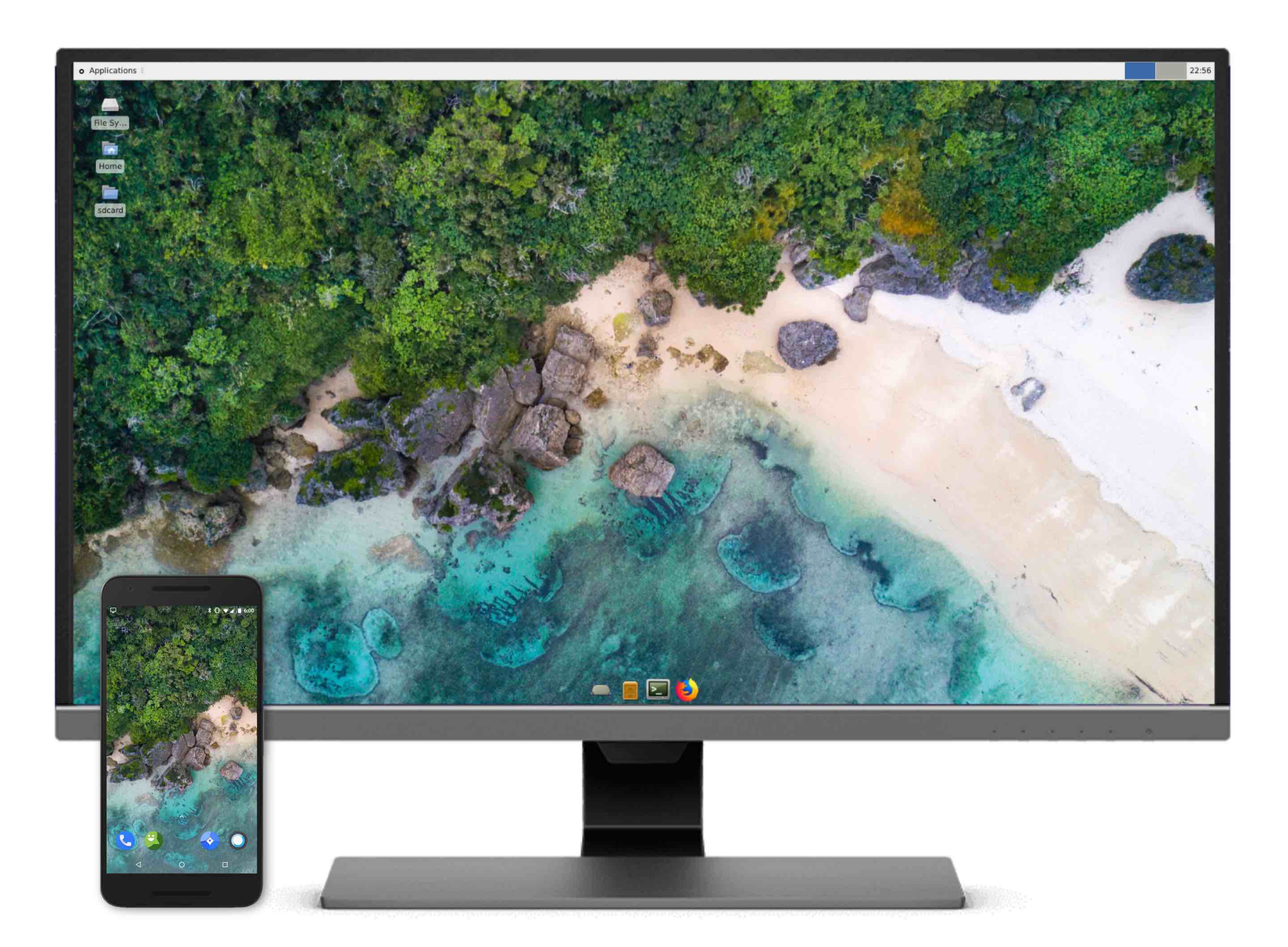The exception certainly allows MIT/BSD/Apache/CC-0/etc plugins. Rack’s license does not limit what you can do with your code. It allows your code to be under any license, non-commercial or commercial. It does however limit what you can do when your code is combined with Rack’s code to form a “combined work” (as defined by the GPLv3). Here’s what happens for example:
- You license your plugin under MIT. This is explicitly allowed by Rack’s exception.
- Your or others can take any or all of your code and include it in non-commercial or commercial software, provided they do not link to Rack. This scenario would happen if a VST or Eurorack designer wants to use your DSP code to make money. (If you don’t like this possibility, license your plugin under GPLv3.)
- You or others cannot take your code, use Rack’s API and link it to Rack, thus making a “combined work”, and use it in commercial software (unless the party has a commercial license).
The above has been confirmed to me by legal counsel. Exceptions (“additional permissions”) like these are allowed by section 7 of GPLv3 and used in other licenses such as the famous GNU Classpath license.
Another note: This is technically not a “triple license”, just a “dual license”. GPL+exception is one license.
If you see the license draft at Relicensing VCV Rack to GPLv3 with freeware/commercial exceptions? - #24 by Vortico, forks are given a choice to keep or omit the non-commercial plugin exception.
